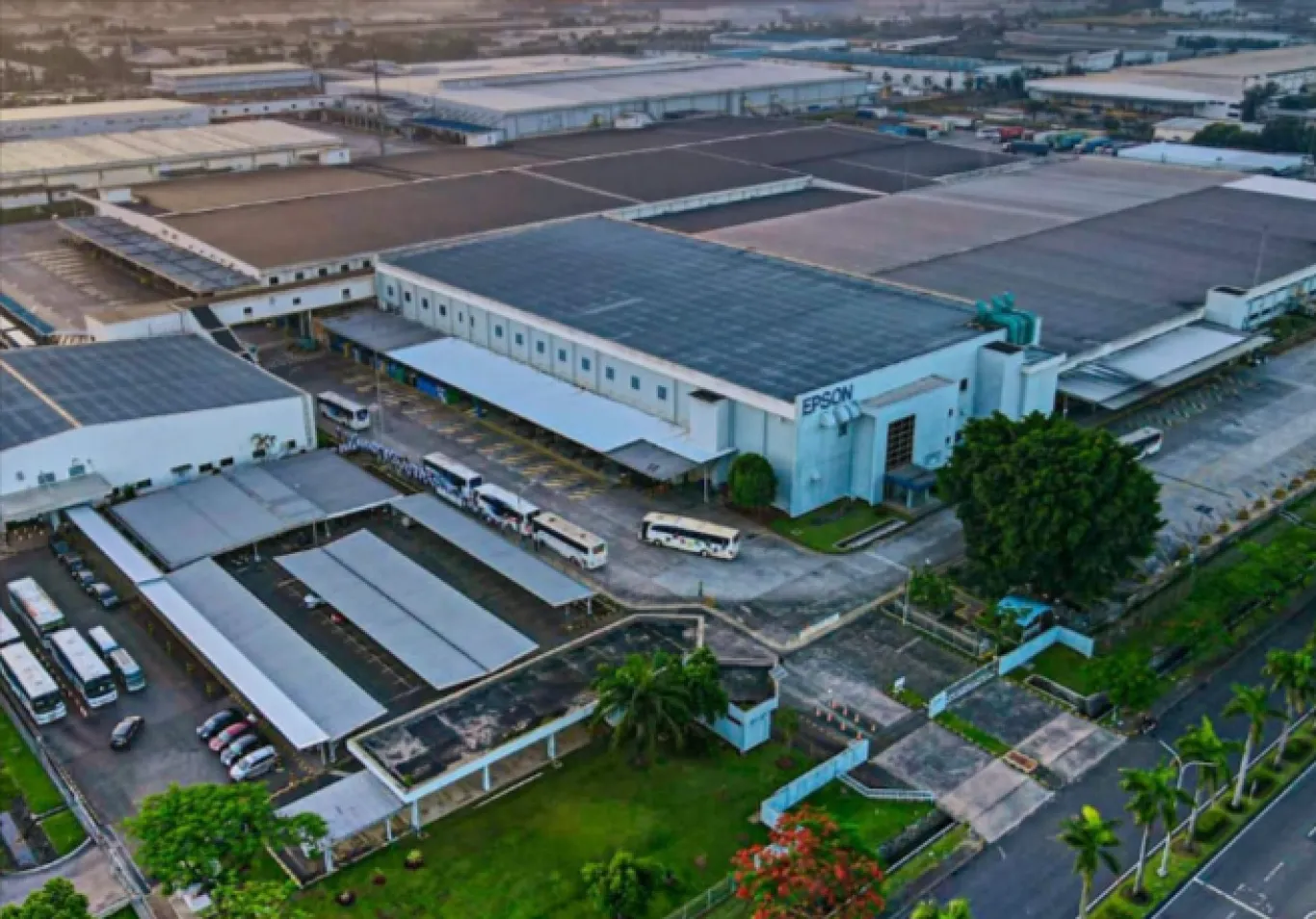What is PT Progress Diecast EJIP Cikarang
PT Progress Diecast EJIP is a prominent manufacturing company specializing in die-casting processes, located in Cikarang, Indonesia. The company is a key player in the region’s industrial sector, known for its expertise in producing high-quality die-cast components. It caters to various industries, supplying essential parts for automotive, electronics, and other sectors. The company leverages advanced technology and skilled personnel to ensure precision and efficiency in its manufacturing operations. Located in a strategic industrial zone, the company benefits from logistical advantages and a robust supply chain network. This enables PT Progress Diecast EJIP to effectively meet the growing demands of its diverse clientele. Their dedication to excellence has established them as a reliable and innovative provider in the die-casting industry.
Location and Significance
The strategic location of PT Progress Diecast EJIP in Cikarang is a crucial factor in its operational success. Cikarang, part of the Bekasi Regency, is a major industrial hub in Indonesia, making it an ideal location for manufacturing companies. Its proximity to Jakarta, the capital city, offers excellent access to major ports, airports, and transportation networks. This facilitates efficient import and export processes, essential for sourcing raw materials and delivering finished products. Moreover, Cikarang’s well-developed infrastructure, including roads, utilities, and industrial zones, supports smooth operations and production efficiency. The location also provides access to a skilled workforce, crucial for manufacturing excellence, thereby helping the company maintain its competitive edge in the market. This strategic positioning enhances the company’s logistical capabilities and reduces operational costs.
Overview of EJIP Industrial Park
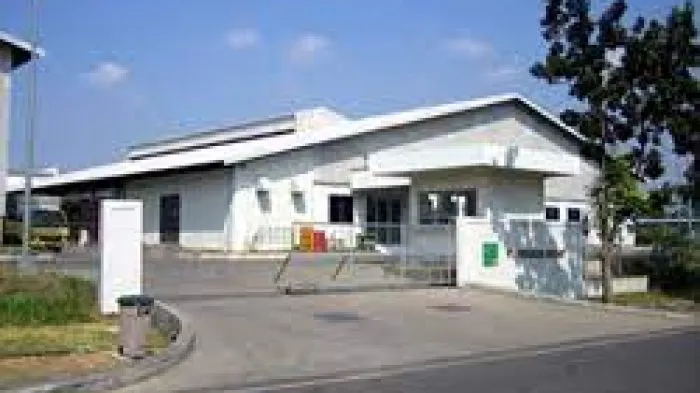
EJIP (East Jakarta Industrial Park) is a significant industrial park in Cikarang, providing a comprehensive ecosystem for manufacturing businesses. The park offers various facilities including well-maintained infrastructure, reliable power supply, and advanced waste management systems. Within EJIP, companies benefit from a supportive environment with access to shared resources and services. The park’s strategic design supports seamless operations, with efficient traffic flow and optimized logistics. EJIP’s emphasis on sustainability and environmental standards attracts companies committed to responsible practices. It provides an environment conducive to collaboration, helping companies share knowledge and resources, leading to innovation and growth. The presence of diverse industries within EJIP facilitates a robust supply chain and reduces the company’s procurement expenses. EJIP’s commitment to infrastructure and a supportive business ecosystem makes it an ideal environment for companies like PT Progress Diecast EJIP to thrive.
The Die-Casting Process Explained
Die-casting is a high-volume manufacturing process used to create intricate metal parts by injecting molten metal under high pressure into reusable molds. It is an efficient method for producing components with complex geometries and excellent surface finishes. The process typically involves the preparation of the die (mold), the melting of the metal, injection under pressure, cooling and solidification, and finally, the ejection of the finished part. Die-casting is widely used across various industries, including automotive, electronics, and consumer goods, due to its ability to manufacture complex parts quickly and cost-effectively. This process is particularly suited for producing large quantities of identical parts with consistent quality. The efficiency of die-casting makes it a key manufacturing technique for companies like PT Progress Diecast EJIP, supporting mass production and precise component manufacturing.
Material Used
PT Progress Diecast EJIP primarily uses aluminum and zinc alloys for die-casting. These metals are chosen for their excellent casting properties, strength, and durability. Aluminum alloys offer a favorable strength-to-weight ratio, making them suitable for lightweight components required in the automotive and aerospace industries. Zinc alloys provide good corrosion resistance and dimensional stability, ideal for applications requiring high precision. Both aluminum and zinc alloys can be cast with complex geometries and fine details. The selection of alloys depends on the final product’s requirements, including mechanical properties, operating conditions, and cost considerations. The versatility of these materials ensures that PT Progress Diecast EJIP can meet the needs of its diverse customers. The company’s expertise in handling these materials contributes to its ability to produce high-quality die-cast components.
Step-by-step Die-Casting
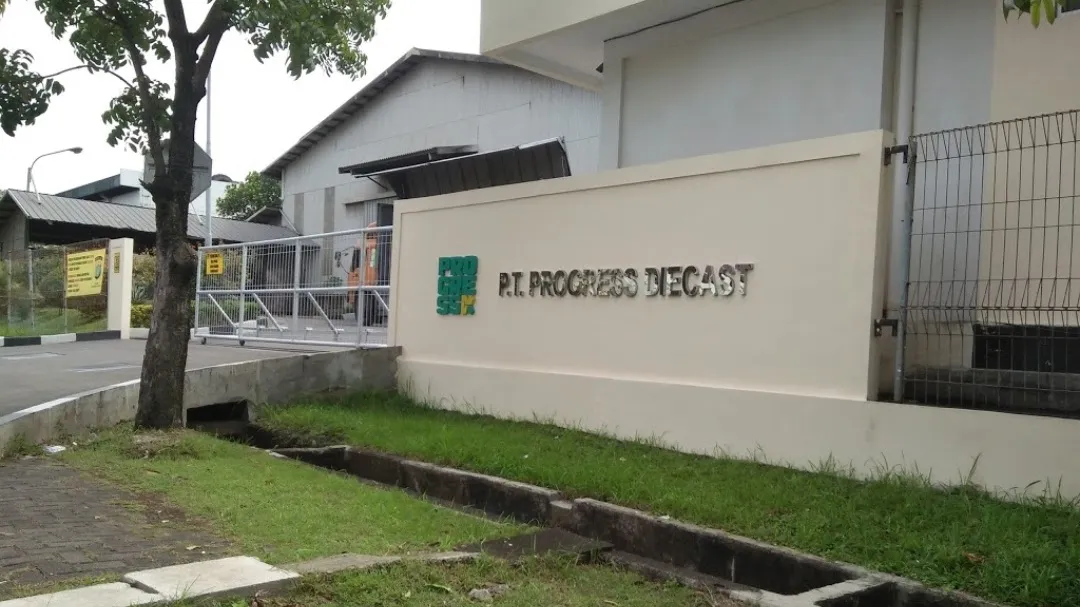
The die-casting process involves several key steps, beginning with the design and manufacturing of the die (mold). The die is made from high-strength steel and consists of two halves that precisely shape the molten metal. The process starts with the clamping of the die halves and injection of molten metal into the mold under high pressure. The metal solidifies within the mold, taking the shape of the desired component. After the metal has solidified, the die halves open, and the finished casting is ejected. The casting then undergoes trimming, where excess material is removed, followed by surface treatments such as polishing or coating. Rigorous quality control checks are conducted at various stages to ensure that the final product meets required specifications. These steps are optimized to ensure efficiency and produce components with high precision and durability. PT Progress Diecast EJIP employs automated systems to streamline this process, thereby enhancing productivity and reducing lead times.
Key Products of PT Progress Diecast EJIP
PT Progress Diecast EJIP produces a wide array of die-cast components used in various industries. These products include automotive parts such as engine blocks, transmission components, and chassis parts. They also manufacture electronic components, including housings, heat sinks, and connectors. In addition, the company produces consumer goods parts for appliances, furniture, and other products. Each product is manufactured to precise specifications to meet the performance requirements of the target applications. The company focuses on high-quality standards, offering solutions that are durable, reliable, and compliant with industry norms. The diversification of its product range allows PT Progress Diecast EJIP to serve a broad customer base and reduce reliance on any single market segment. By consistently providing high-quality products, the company has established itself as a trusted partner in its respective markets.
Manufacturing and Production
The manufacturing processes at PT Progress Diecast EJIP are optimized for efficiency and precision. The company uses advanced die-casting machines that are capable of producing complex components quickly and accurately. Automated systems are implemented throughout the production line to reduce labor costs and enhance productivity. Regular maintenance and calibration of the machinery are performed to ensure optimal performance. The company maintains rigorous quality control measures at every stage of the manufacturing process. Lean manufacturing principles are applied to minimize waste and streamline operations. The production planning and scheduling systems help in meeting delivery deadlines and managing inventory efficiently. These practices contribute to the company’s ability to consistently deliver high-quality products and maintain a competitive edge in the market. These measures help to create a streamlined and efficient production environment.
Quality Control
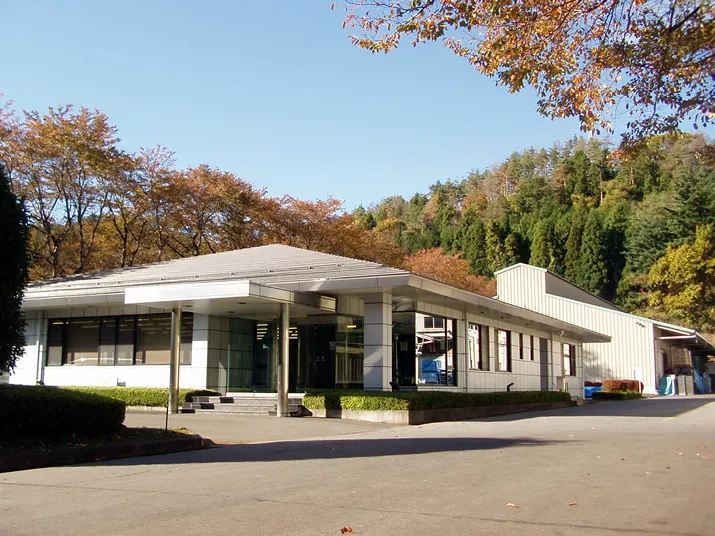
Quality control is a critical aspect of PT Progress Diecast EJIP’s operations, ensuring that all products meet stringent standards. Inspections are conducted at every stage of the manufacturing process, from raw material checks to final product assessments. The company uses advanced inspection tools, including coordinate measuring machines (CMM) and X-ray equipment, to verify dimensions and detect defects. Statistical process control (SPC) methods are employed to monitor and analyze production data, enabling proactive identification and correction of potential issues. Certifications such as ISO ensure compliance with international quality standards. The dedicated quality control team is responsible for identifying and correcting any deviations from specifications. By maintaining rigorous quality control, the company guarantees that its products are reliable, durable, and meet the needs of its customers. This commitment to quality reinforces customer trust and strengthens the company’s reputation.
Advantages of PT Progress Diecast EJIP
PT Progress Diecast EJIP offers several key advantages that contribute to its success in the die-casting industry. The company is strategically located in a prime industrial zone, which enables efficient logistics and access to a skilled workforce. Their advanced manufacturing technologies enable them to produce high-quality components with precision and efficiency. The company’s ability to provide customized solutions ensures that they meet the specific requirements of their diverse customer base. By maintaining rigorous quality control, PT Progress Diecast EJIP consistently delivers reliable products that meet industry standards. Their commitment to customer satisfaction, combined with their technical expertise, has earned them a strong reputation in the market. These advantages enable PT Progress Diecast EJIP to maintain a competitive edge and continue to grow in the die-casting industry.
Precision and Accuracy
Precision and accuracy are paramount in the die-casting process, and PT Progress Diecast EJIP is committed to delivering products that meet the highest standards. The company uses advanced die-casting machines and tooling that allow for tight tolerances and complex geometries. Their skilled engineers and technicians continuously monitor the manufacturing process to ensure precision. Advanced inspection equipment, such as CMMs, is used to verify dimensions and detect any deviations from specifications. By maintaining high levels of precision, PT Progress Diecast EJIP guarantees that its components meet the precise requirements of its customers. This commitment to accuracy is especially crucial for industries where component performance and reliability are critical, such as automotive and electronics. This commitment to precision and accuracy contributes to the longevity and optimal performance of the end products.
Cost-Effectiveness
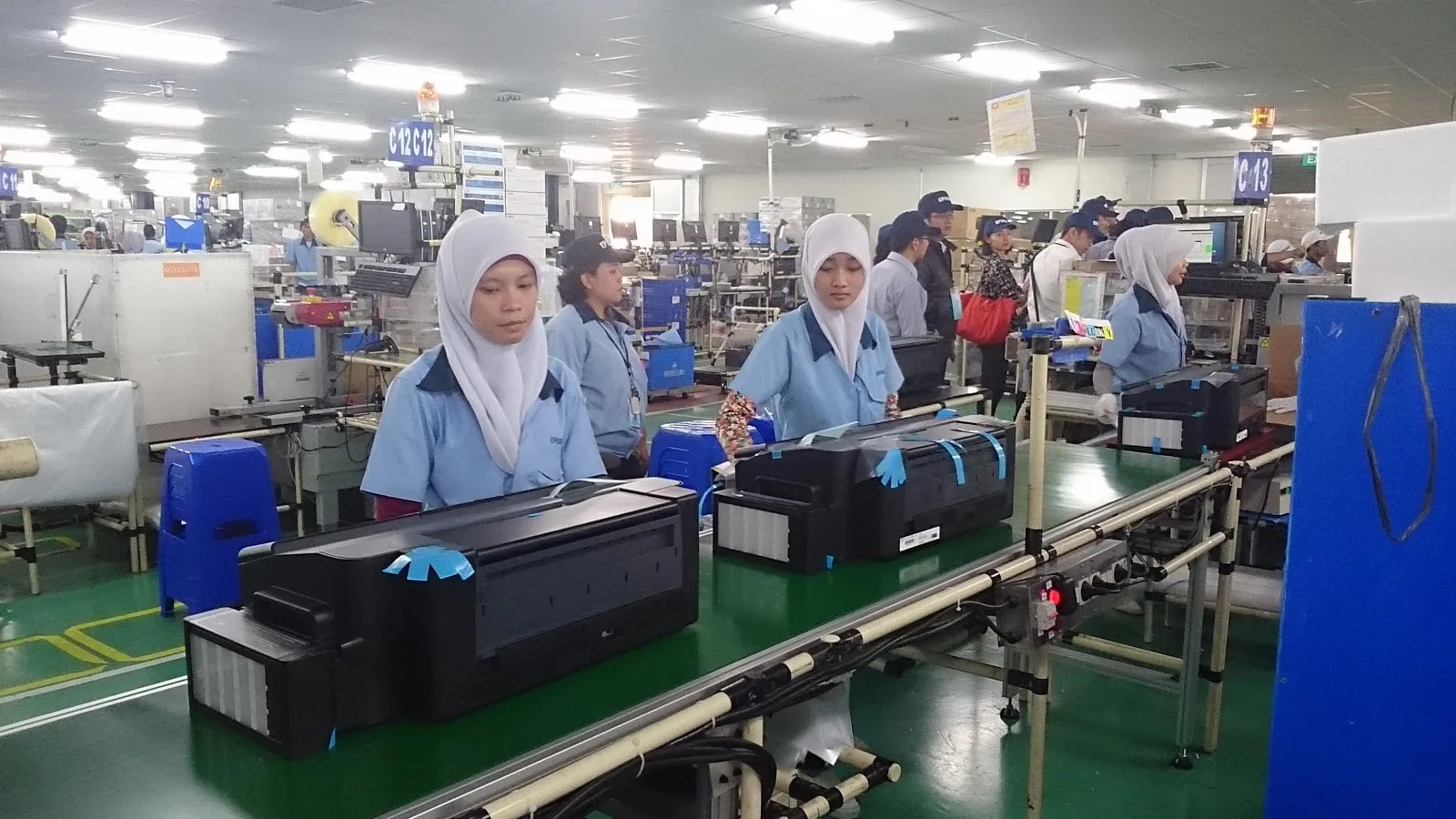
PT Progress Diecast EJIP focuses on providing cost-effective solutions without compromising product quality. The efficiency of the die-casting process enables them to produce high volumes of components, reducing per-unit costs. The company uses lean manufacturing principles to minimize waste and streamline operations, thereby improving production efficiency. They continuously seek ways to optimize material usage and reduce operational expenses. By maintaining a streamlined supply chain and strong supplier relationships, PT Progress Diecast EJIP ensures competitive pricing for its customers. Their commitment to cost-effectiveness makes their products accessible and competitive in the market. By balancing cost efficiency with quality, they are able to maintain customer satisfaction and foster long-term business relationships.
Future Prospects and Growth
The future prospects for PT Progress Diecast EJIP look promising, driven by increasing demand and technological advancements. The company is well-positioned to capitalize on the growth in the automotive, electronics, and other key sectors. They are committed to continuous improvement and innovation, investing in new technologies and processes to enhance their capabilities. The strategic location within the EJIP industrial park and the broader Cikarang region supports their growth potential. PT Progress Diecast EJIP is also exploring opportunities to expand its product range and enter new markets. By focusing on customer satisfaction and maintaining a strong commitment to quality, the company is well-prepared to achieve sustained growth and remain a leader in the die-casting industry. Their adaptability and forward-thinking approach ensure they are well-prepared to meet the challenges of the future.
Market Demand
The market demand for die-cast components is steadily increasing, driven by the growth in various industries. The automotive sector continues to require die-cast parts for vehicles, and the electronics industry demands components for various devices. The demand is also increasing in consumer goods, aerospace, and other sectors. The growing complexity and miniaturization of products are driving the need for precise and intricate die-cast components. The increasing trend towards lightweight materials is also supporting the growth of die-casting, as it allows for the production of strong and durable components. PT Progress Diecast EJIP is well-positioned to meet this rising demand, by offering high-quality products that meet the evolving needs of its customers. Their ability to deliver customized solutions and their commitment to customer satisfaction positions them favorably in the market.
Expansion Plans
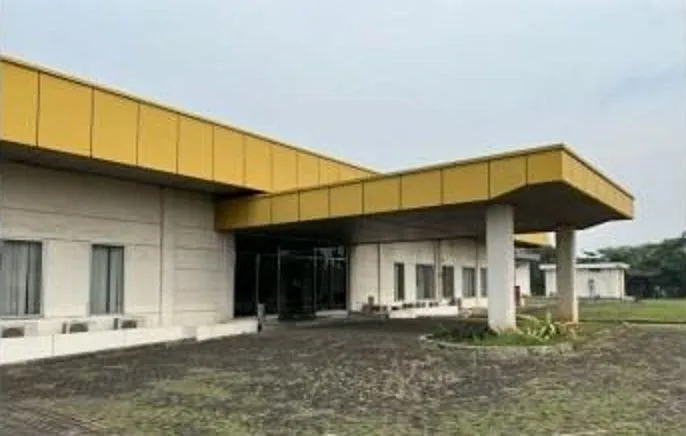
PT Progress Diecast EJIP has several expansion plans in place to support its continued growth and meet increasing market demand. These plans include investments in new die-casting machines and technologies to increase production capacity and improve efficiency. The company is also exploring opportunities to expand its production facilities and add new product lines. They plan to invest in training and development programs to enhance the skills of their workforce. PT Progress Diecast EJIP is also focused on expanding their market reach by exploring new customer segments and regions. Their expansion plans are aligned with their commitment to excellence, customer satisfaction, and sustainable growth. By executing these plans, PT Progress Diecast EJIP is well-positioned to strengthen its market position and continue its success in the die-casting industry.
